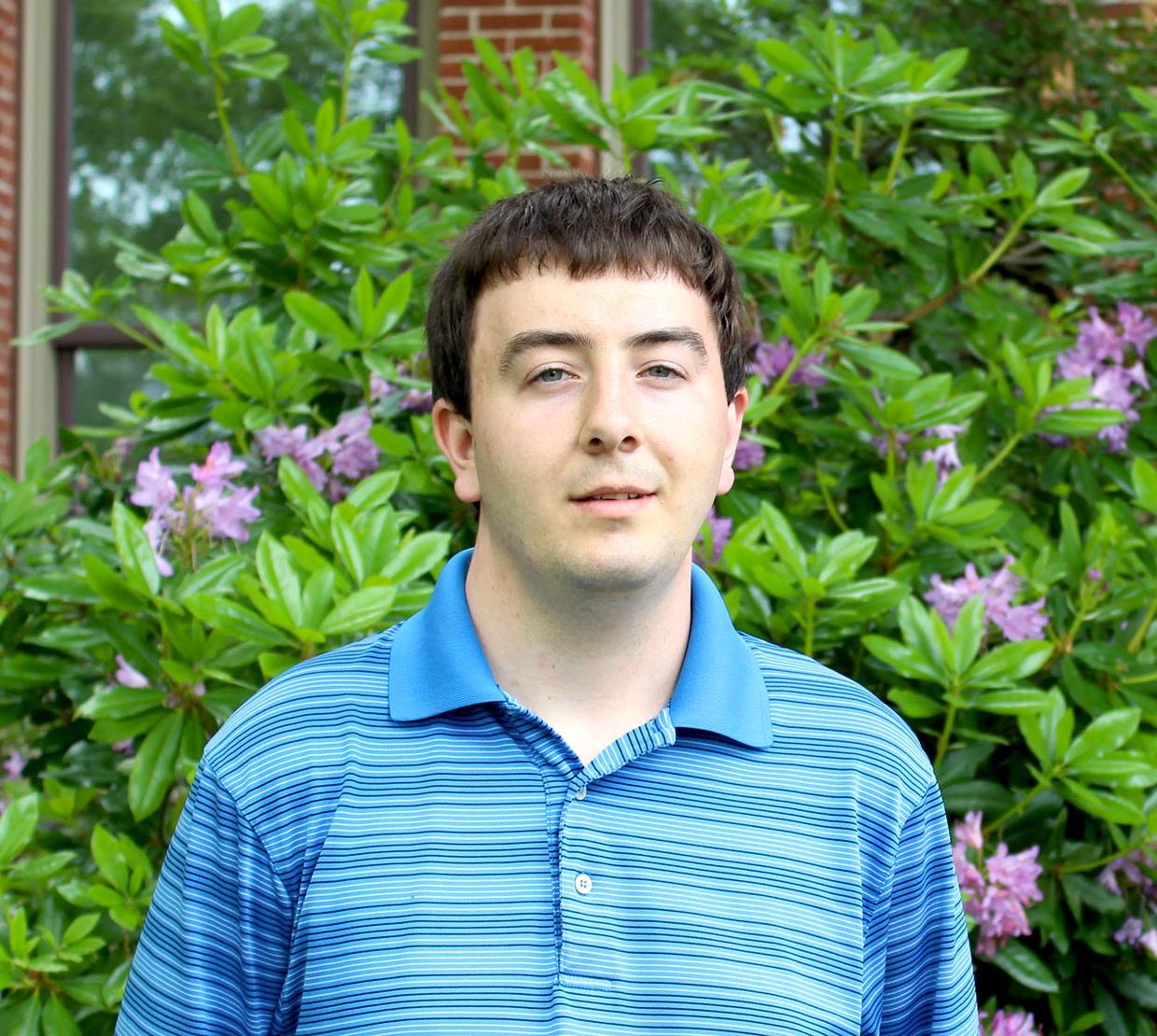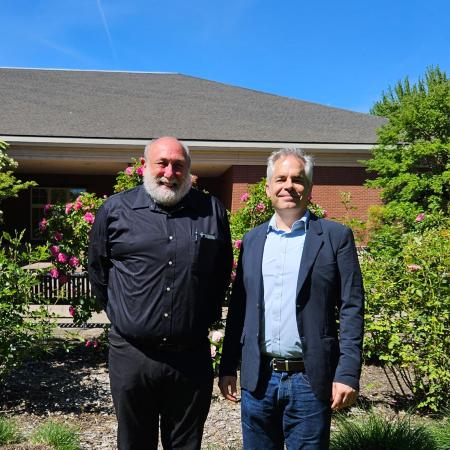Honors College and mathematics major Johnathan Van Why has landed a job at Google months before graduation. He will start as a software engineer at Google’s Mountain View headquarters (Googleplex) in California.
It is a highly impressive feat if you consider Google’s hiring statistics: They receive more than two million applicants a year and only one in 130 applicants gets a job, according to Forbes and Staff.com. Therefore, it is approximately 10 times harder to get a job at Google than it is to get into Harvard University. Not to mention the fact that the multinational tech giant is consistently rated as the most desirable company to work for on a global scale.
Johnathan’s case is made more exceptional by the fact that he did not apply for a job at Google, but sort of stumbled into its recruitment process.
An Albany, Ore., native, Johnathan says he has been passionate about mathematics and programming since the fourth grade. Enthusiastically involved in robotics research in OSU’s School of Engineering from his high school days, Johnathan made up his mind to pursue a Ph.D. in robotics at Carnegie Mellon University.
But one day in the summer of 2015 changed his plans for life after graduation. Johnathan, who is an avid and frequent programmer, was doing a programming-related search when a black box with white text popped up with the question, “Would you like a challenge?” Thinking it was a game, Johnathan hit ‘yes.’ Thus began the gradual unfolding of the Google recruitment dragnet.
Johnathan eventually realized he was being evaluated as a potential hire by Google. He faced off a series of programming challenges of varying levels of difficulty over a 10-day period.
"I was able to select mathematical challenges and I have a solid knowledge of programming. So between the two, I was able to do well at the challenges.”
Confronted by one of the most difficult problems in his set of programming challenges, Johnathan was able to solve it rapidly. A recruiter contacted him shortly after that.
“It would have probably been difficult for a computer science major. But it was a basic math problem, which I completed in 21 minutes and sent it off," said Johnathan.
As Google is wont to do with job candidates, Johnathan went through onsite interviews at Googleplex as well as two phone interviews before receiving an enthusiastic job offer.
When asked if certain mathematics courses at OSU played a role in his success, Jonathan responded, “I am very glad that I had computational number theory. Problems in that area would repeatedly show up in the online challenges as well as in the interviews.”
Mathematics also played a vital role in Johnathan’s undergraduate research career. He conducted controls research for legged robots and was part of a team that developed software for the multi-university ATRIAS robot project. As the only math major in the robotics lab, Johnathan realized he had unique strengths in a roomful of mechanical engineers.
“Anytime something math-related would come up, I knew what I was doing. Computational number theory, modular arithmetic, multivariable calculus, differential equations and linear algebra—all of them helped me write most of the software that runs the robot and in controls and optimization research.”
Johnathan notes that his interests in mathematics, robotics and programming dovetailed in very rewarding and meaningful ways as an undergraduate as well as helped him succeed in his job interview.
“An undergraduate degree in math is a foundation to work on other stuff. You can either go to graduate school or you find another field that relies on math and you get to be the math person on the team. It is so useful in so many fields,” added Johnathan.
His parting advice for incoming mathematics majors: Do research.
“One of the things that math majors are not as essentially involved in as they should be is research. It is hard for an undergraduate to find a research topic in math,” said Johnathan.
“But look beyond math. For instance, in an area like robotics, math undergraduates can jump in and make significant research contributions.”



